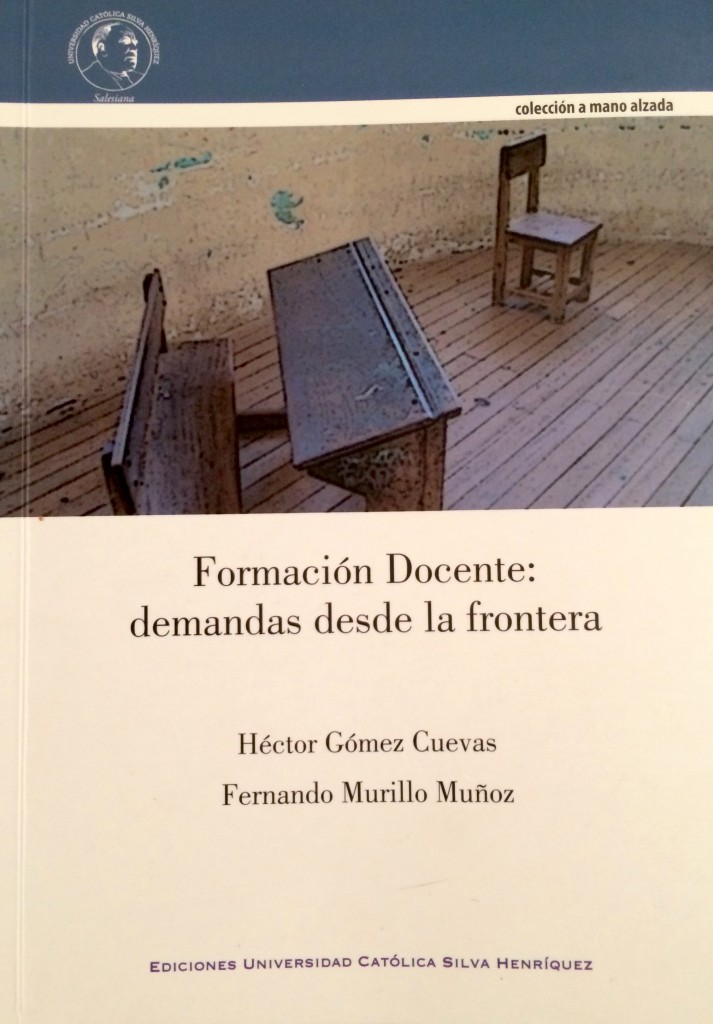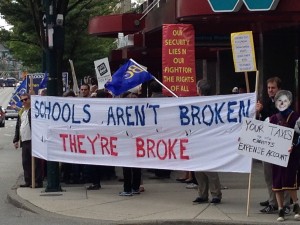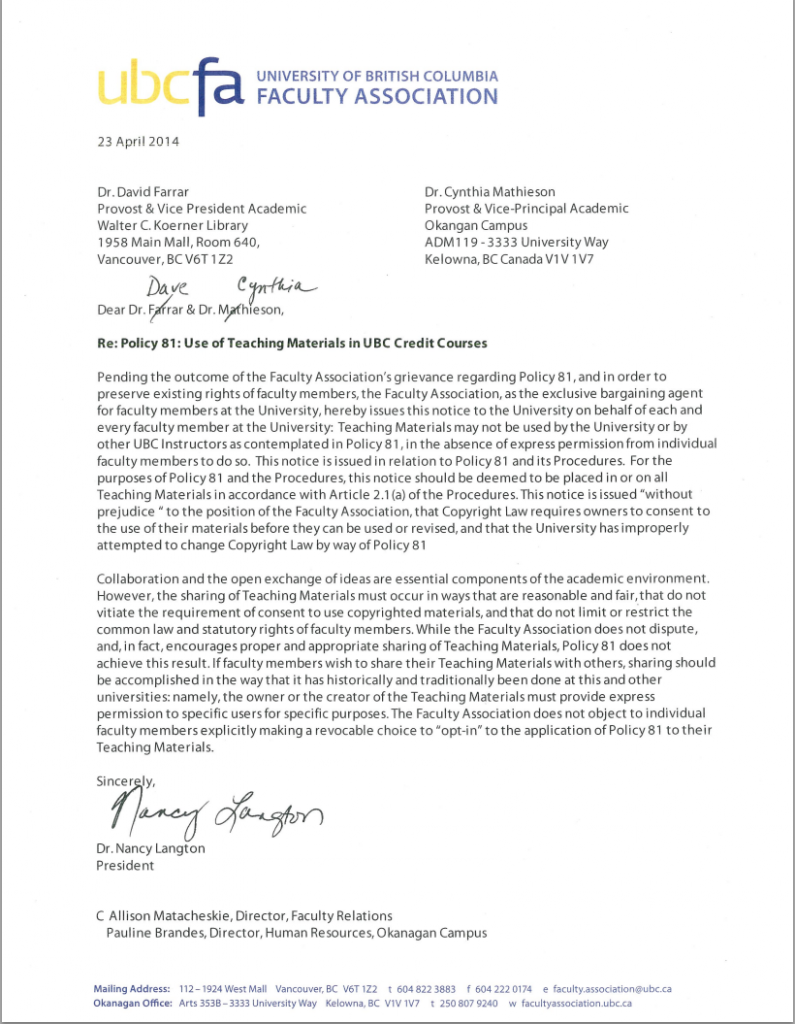“There are known knowns. These are things we know that we know. There are known unknowns. That is to say, there are things that we know we don’t know. But there are also unknown unknowns. There are things we don’t know we don’t know.” Donald Rumsfeld
This past Friday the University of British Columbia Board of Governors announced that Arvind Gupta had resigned as president of the university. The announcement was shocking because Gupta had just completed the first year of his five-year term.
There very few knowns, a lot of unknowns, and perhaps even more speculations about Gupta’s “resignation.”
The announcement raises many questions as it came after an unscheduled Board of Governors meeting and Gupta was not quoted in the news release nor has he commented on his resignation. The past year has seen a wholesale shakeup of top administrators at UBC and now former UBC president Martha Piper has named as interim president (starting in September).
That giant sucking sound you heard the past few days is of speculation rushing in to fill to fill the vacuum in the UBC president’s office.
Is Gupta’s exit connected to the shake up of high level executives in the university?
Charlie Smith speculates it might have something to do with the departure of Pierre Ouillet who was UBC’s Vice President Finance.
Smith has also offered that Gupta’s departure might be related to his inability to squeeze more money out of the provincial government or because transit referendum or because Christy Clark or because fundraising in general.
Jennifer Berdahl‘s suggestion that Gupta is out because he lost the “masculinity contest” among UBC’s administration seems to have a lot of popular support based on attention it’s getting in the twittersphere.
Berdahl is the Montalbano Professor of Leadership Studies: Gender and Diversity in the Sauder School of Business at UBC. She wrote on her blog:
I believe that part of this outcome is that Arvind Gupta lost the masculinity contest among the leadership at UBC, as most women and minorities do at institutions dominated by white men. President Gupta was the first brown man to be UBC president. He isn’t tall or physically imposing. He advocates for women and visible minorities in leadership – a stance that has been empirically demonstrated to hurt men at work.
Berhdahl describes her positive working experiences with Gupta, but doesn’t offer evidence to support a claim that the masculinity contest theory applies to him in this circumstance.
There’s no denying that higher education is rife with workplace harassment, bullying, and mobbing. (The journal Workplace: A Journal of Academic Labor recently devoted an entire issue to this topic.)
When work is a “masculinity contest,” says Berdahl, “leadership does not earnestly seek expert input, express self-doubt, or empower low-status voices.” I’ve got no argument with her on this point. Indeed, in my dozen years on the faculty at UBC, I’d say that there has been no leadership at the faculty or university level that has earnestly sought input from anyone (much less experts), expressed self-doubt, or empowered low-status voices.
The standard operating procedure at UBC is akin to that of the British Empire of old. The king or queen makes a decision and then the shit then flows downhill. There might be an occasional “walk about” to see how the courtiers, knights, or peasants might react to this or that, but UBC is a top-down organization, run like an empire, or at least a corporation.
As Justin McElroy points out, whatever it is it’s no ordinary resignation.
McElroy’s exchange with Neal Yonson, who is editor of UBC Insiders, raises some interesting questions and offers up some possible explanations, that while speculative, aren’t tabloid fodder, and focus on the relationship between the BoG of the president’s office.
They make some good, if self-evident, points:
- Gupta and the BoG didn’t see eye to eye;
- After an 18 month transition from Steven Toope to Gupta, UBC is now facing another leadership transition after just one year and that will have deleterious effects on a multiple fronts, both internally and externally;
- Numerous current upper administration jobs are filled with people who are new or in interim roles;
- BoG’s move to bring in known quantity Piper might steady the ship administratively, but Piper is not student-friendly, especially on the tuition front;
- UBC capital projects are in a holding pattern.
McElroy and Yonson say that despite the lack of external dissent, there were internal “hints” that Gupta’s honeymoon was over, but university presidents always have their detractors and I don’t think the lack of “charm offensive” on Gupta’s part was key to his failure as president.
What they might not know is that this spring and summer there were rumours on campus that Gupta was in serious trouble with the BoG. I’m not enough of an insider have any substantive knowledge of those rumours, but I heard a university administrator opine that the BoG certainly wanted David Farrar, who left the position of Provost and Vice President Academic in June, to stay close at hand. Farrar was the third Vice President to vacate office under Gupta.
There are still lots of unknowns and UBC would be greatly served if the BoG and the university administration acted in more open and transparent ways. (Don’t hold your breath because as Yonson points out this is a board that wants to keep the public ignorant by operating in secret.)
If blame must be laid, there’s no getting around the fact that the UBC Board of Governors made a mistake in hiring Gupta.
If Gupta resigned of his own accord, then the BoG erred in hiring someone with no traditional higher ed administrative experience and for whatever reason (barring extremely personal reasons) could not handle the job.
If the BoG forced Gupta out, then they erred by making a non-traditional hire and then not giving Gupta a sufficient amount of time or the support to bring his vision to fruition.
Related posts:
How not to run a university (Part 3): The art of misdirection [updated]
How not to run a university (Part 2): Intimidation, bullying & harassment at UBC
How not to run a university (Part 1): Secrecy at UBC
 Follow
Follow



